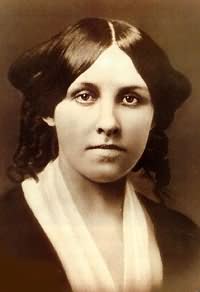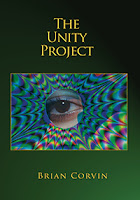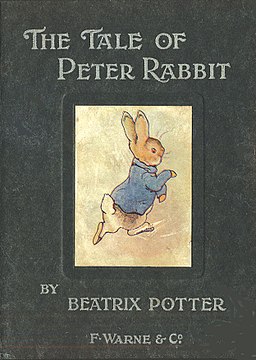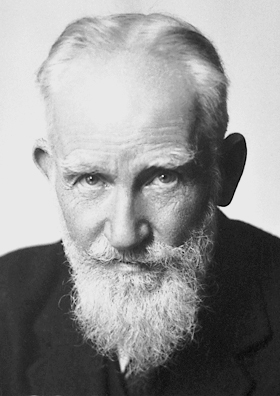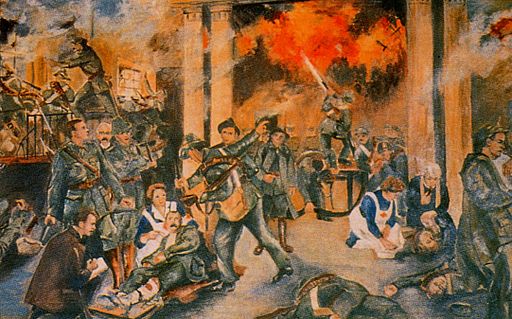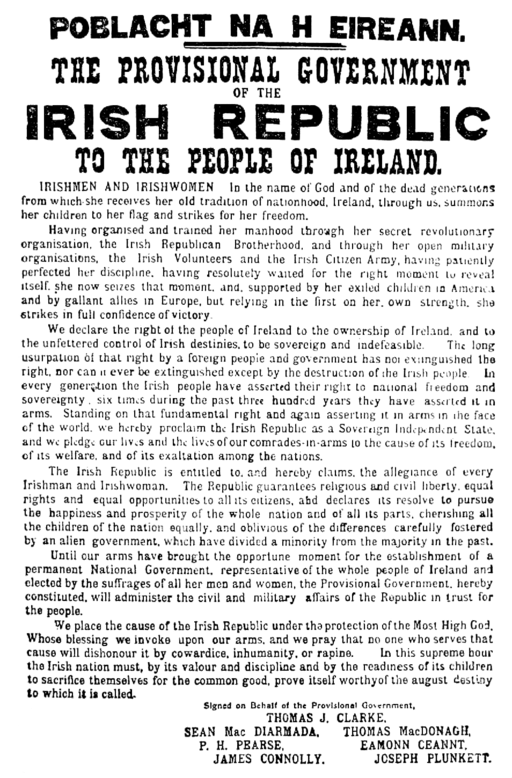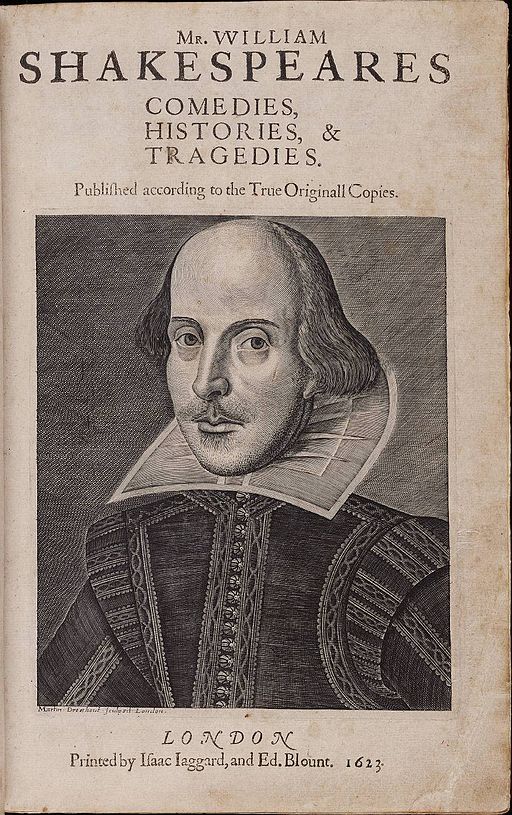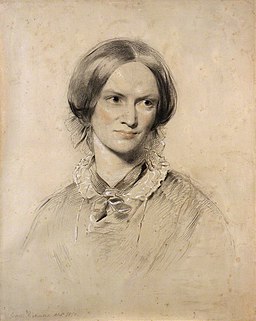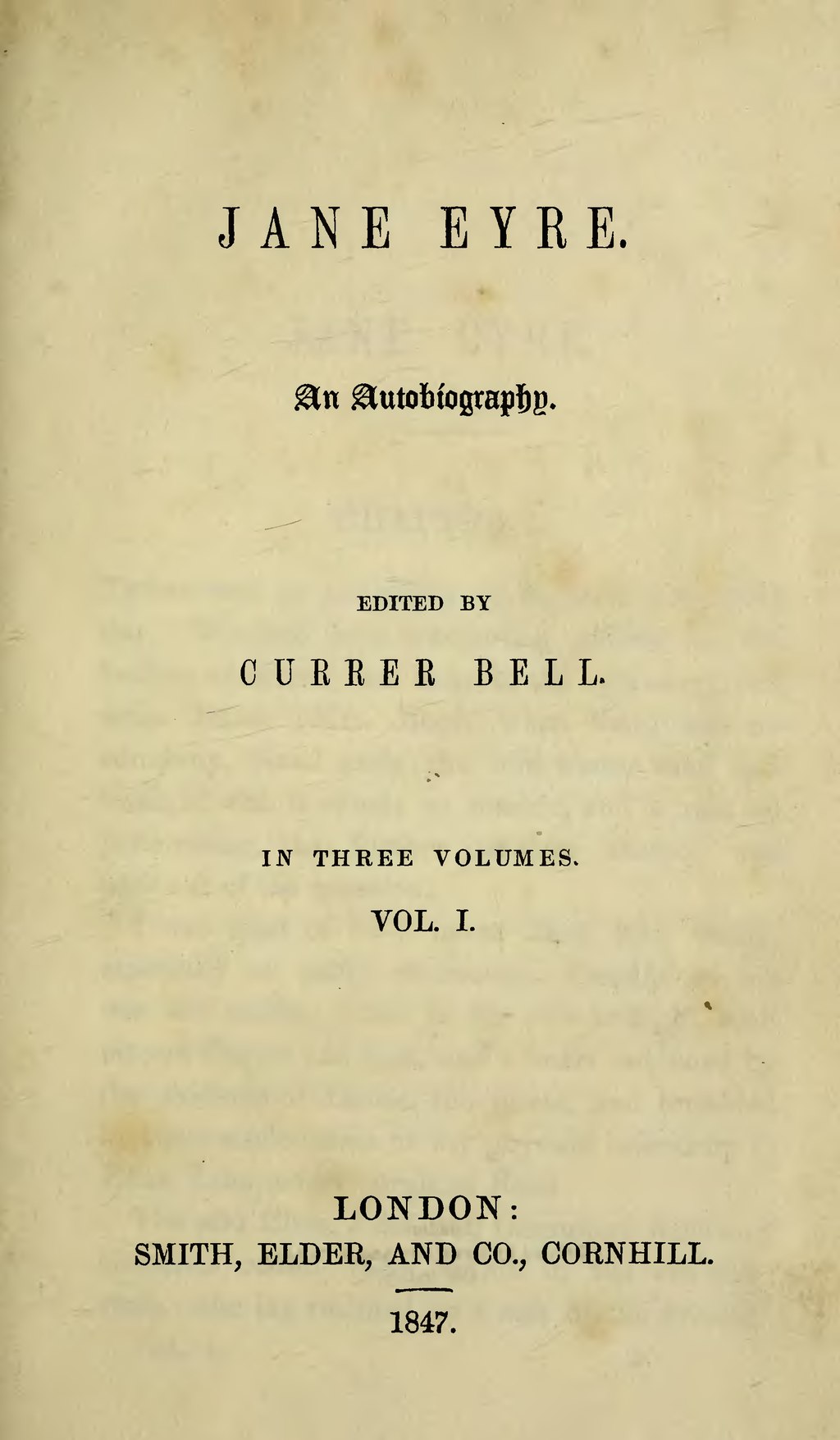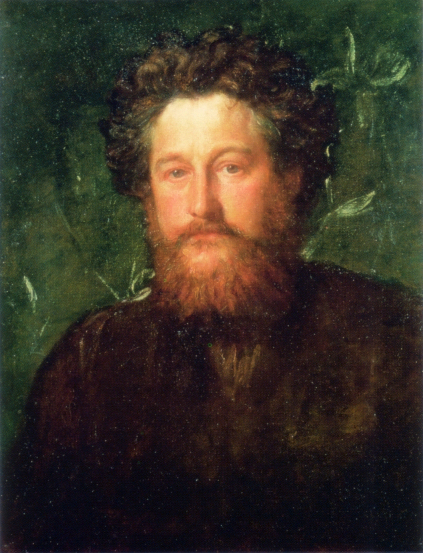A journey into the heart of haunted Ireland awaits the reader in The Rising of Haunted Ireland by Anthony Kerrigan, Sinead Houlihan and Jenifer Kerrigan, published by The Manuscript Publisher. The authors belong to a team of paranormal investigators (GhostÉire) based in the south-west of Ireland, who describe their goal as being to find spiritual and scientific reasons for the paranormal, the supernatural and similarly unexplained phenomena.
Their pursuit of this objective has taken them to locations the length and breadth of Ireland, investigating possible hauntings and supernatural occurrences. In this report of their findings, a world of whispering lighthouses, misty islands, mind-bending gaols, vanished forts and public houses where the spirits flow a little too unaccountably, all await the reader. Tales of sailors, smugglers, pirate queens, Irish rebels, Vikings and spies also punctuate the narrative.
The bulk of the presentation comprises precise, detailed, often graphic descriptions of paranormal investigations, typically undertaken during the dark and eery hours in some of the remotest and inhospitable places imaginable. Adding to the authenticity, a 98-minute DVD accompanies this 340 page volume, which is fully illustrated throughout with photos, maps, diagrams and layouts of the investigated locations.
It is a book that will serve as a concise introduction to the world of paranormal investigations: the terminology, the techniques, tools of the trade employed and the rationale that informs the view of practitioners. The material is presented in a style that should interest the skeptic as much as the believer, along with those who simply wish to draw their own conclusions. It also offers something in the way of a tourist guide with a difference – a must read for anyone contemplating a weekend break or excursion to some very interesting 'haunts', both on and off the beaten track.
Finally, this book and DVD collection is not for the fainthearted. It does come with a warning that it is suitable only for ages 16 and older, containing as it does, some strong language and possibly disturbing themes. So, if that does not scare you off, it is available to buy now, in both hardcover and paperback editions, with an e-book edition to follow soon. Further information is available from the websites of GhostÉire and The Manuscript Publisher.
Their pursuit of this objective has taken them to locations the length and breadth of Ireland, investigating possible hauntings and supernatural occurrences. In this report of their findings, a world of whispering lighthouses, misty islands, mind-bending gaols, vanished forts and public houses where the spirits flow a little too unaccountably, all await the reader. Tales of sailors, smugglers, pirate queens, Irish rebels, Vikings and spies also punctuate the narrative.
The bulk of the presentation comprises precise, detailed, often graphic descriptions of paranormal investigations, typically undertaken during the dark and eery hours in some of the remotest and inhospitable places imaginable. Adding to the authenticity, a 98-minute DVD accompanies this 340 page volume, which is fully illustrated throughout with photos, maps, diagrams and layouts of the investigated locations.
It is a book that will serve as a concise introduction to the world of paranormal investigations: the terminology, the techniques, tools of the trade employed and the rationale that informs the view of practitioners. The material is presented in a style that should interest the skeptic as much as the believer, along with those who simply wish to draw their own conclusions. It also offers something in the way of a tourist guide with a difference – a must read for anyone contemplating a weekend break or excursion to some very interesting 'haunts', both on and off the beaten track.
Finally, this book and DVD collection is not for the fainthearted. It does come with a warning that it is suitable only for ages 16 and older, containing as it does, some strong language and possibly disturbing themes. So, if that does not scare you off, it is available to buy now, in both hardcover and paperback editions, with an e-book edition to follow soon. Further information is available from the websites of GhostÉire and The Manuscript Publisher.



